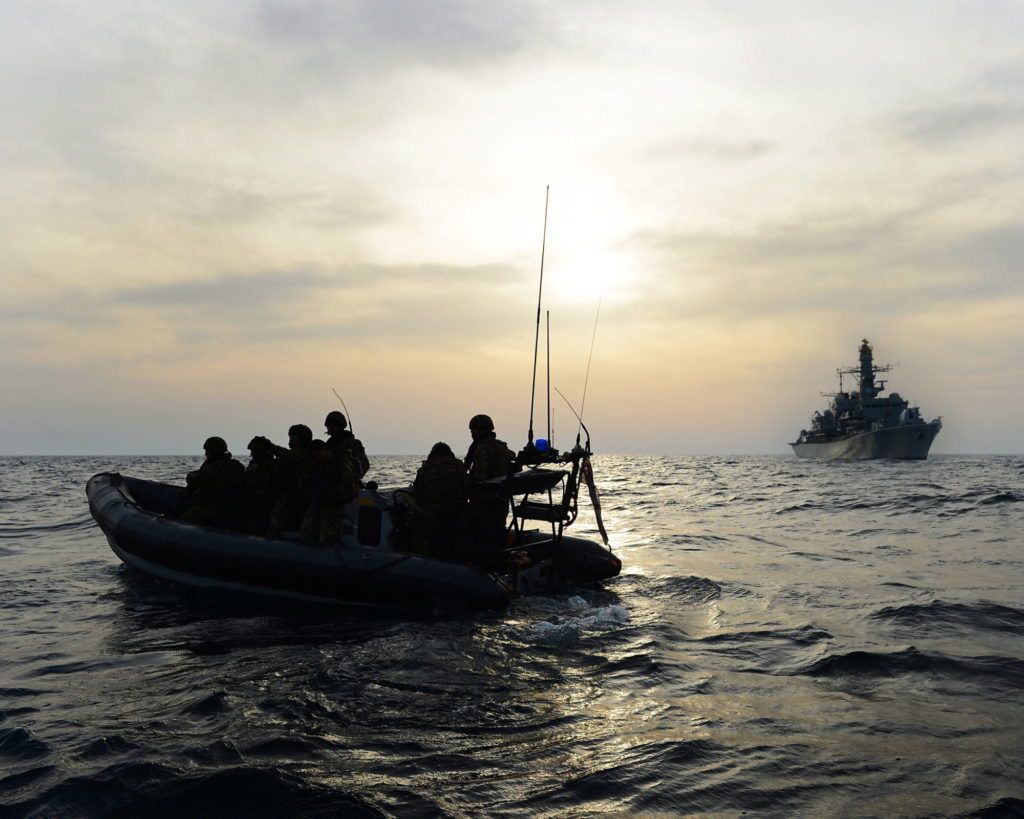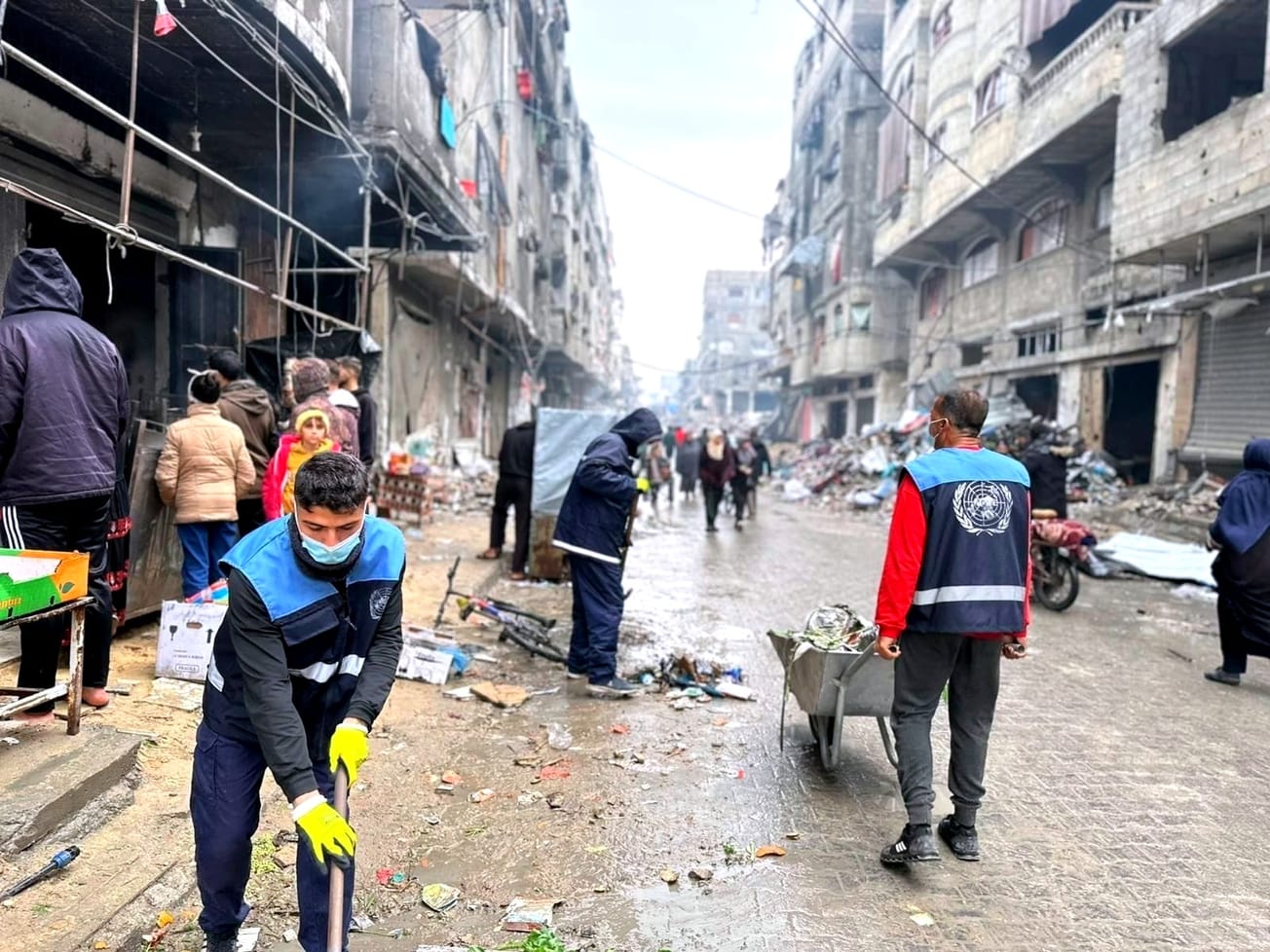Maritime piracy and armed robbery dropped by 24% in the first nine months of 2019 compared to a similar timeframe last year but Africa's Gulf of Guinea remains a "high risk area," the International Chamber of Commerce said on Tuesday.
The Gulf of Guinea accounted for 86% of crew members taken hostage and nearly 82% of crew members kidnapped globally, according to the Paris-based international organization.









